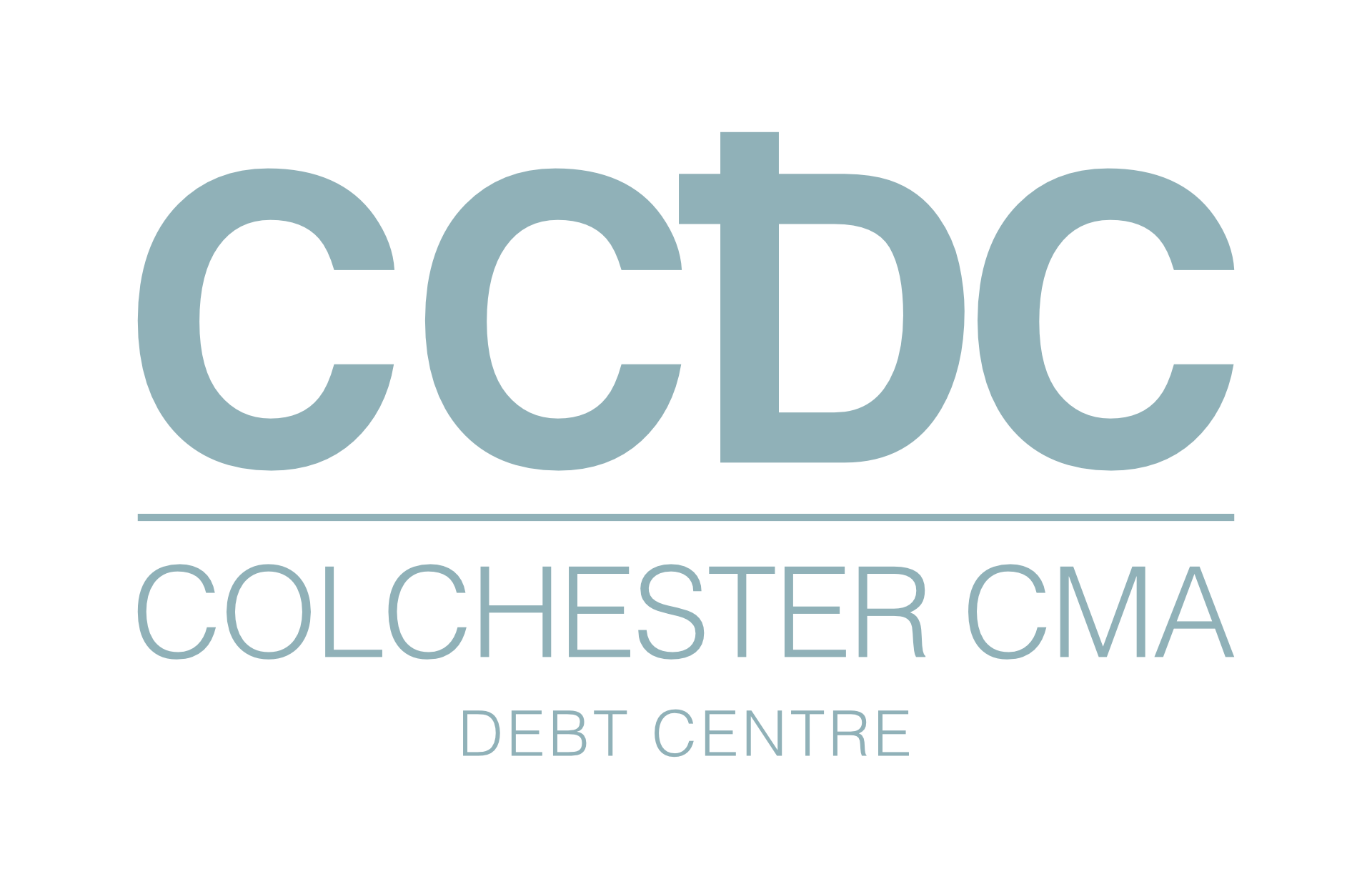Did you know it’s Nutrition and Hydration Week this month? This is a worthwhile campaign and most of us could benefit from advice on eating better.
Nutrition and poverty
For some, poor nutrition is a choice. Others, though, including many of those who seek help from CCDC, feel they have no choice but to skip meals and are not getting a nutritious diet – not through choice, but because of necessity. 6% of CCDC clients say that debt meant they had to sacrifice meals on a daily basis. A much higher proportion of clients – over one in three (37%) – report skipping meals on, at least, a monthly basis. In many cases, parents will ensure their children eat first, even if they themselves then have to go without.
The spiral of poor nutrition
The NHS website says that a lack of proper nutrition can lead to someone feeling tired all the time, feeling weak, getting ill more often and taking longer to recover from illness. This can make it difficult for someone in this position to go to work, or work productively, which can lead to them not being able to earn and falling further into debt, particularly if their work hours are unpredictable.
Many food banks, like those operated by Trussell Trust, do amazing work across the UK to provide food to so many who find themselves in need of urgent assistance. We at CCDC work closely with local food banks. What they do is great and we should, where we can, support this work – check out trusselltrust.org.
A balanced diet
More generally for all of us, good nutrition is so important for how we live, work, play and, hopefully, thrive. We should ensure that our diet is balanced and regularly includes at least some of the food groups necessary to give our bodies what they need.
Some of these are well known to us all, but it’s good to be reminded:
- Eat enough fruit and vegetables
- Try to eat foods which are high in fibre
- Include dairy products or alternatives that provide protein, calcium and vitamins
- Watch our sugar, salt and fat intake
- Drink plenty of fluids
Help is at hand
It can be a struggle to change our habits, but there are lots of trustworthy resources to help. The NHS Eatwell Guide tells us how much of what we eat overall should come from each food group to achieve a healthy, balanced diet. This doesn’t have to be with every meal – although it is recommended that we try to get the balance over a day or week.
Take a look at nhs.uk/live-well/eat-well to find out more.
It’s good to be reminded about the importance of good nutrition for our health and wellbeing. While it can be harder to implement, there’s lots of advice and guidance available. There are also some great, healthy recipes, for example, at bbc.co.uk/food. Why not try something new this month?
